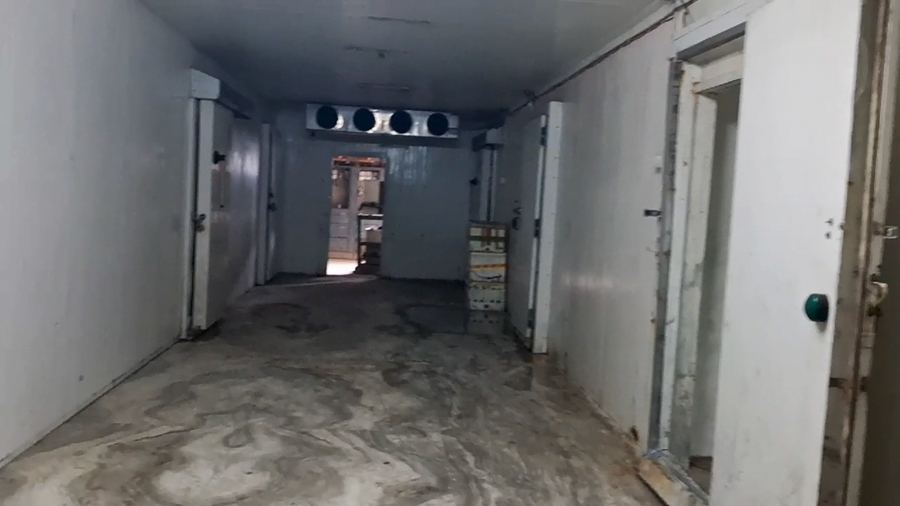
Authorities are working out a strategy to save around 67 tonnes or over three truckloads of pork after a significant chunk of them were found to be contaminated by the African Swine Fever virus in March this year. This is after the importers requested the Bhutan Food and Drug Authority to look for a measure to save their consignments despite the authority’s instruction to dispose them off. However, a significant portion was recalled. BBS learned that the consignments are currently stored in three cold storages in Phuentshogling.
There are three enterprises that import pork in Bhutan: the RKS Enterprise, the Mendayla Enterprise, and the Bhai Bhai Enterprise. While Bhai Bhai enterprise brought in 40 tonnes of pork, Mendayla and RKS enterprises imported 20 Metric tons and 17 metric tons respectively. They were imported after the annual ban on the sale of meat in the first holy month was lifted.
During random testing of the pork sample, the pork imported by Bhai Bhai and Mendayla Enterprises tested positive for the African Swine Fever virus, whereas the pork from RKS Enterprise tested negative twice. However, authorities said that all three enterprises source their meat from the same piggery. Therefore, officials said that technically, all the consignments are considered positive for now.
Out of the 40 tonnes of pork the Bhai Bhai Enterprise imported, it was found that around 18 tonnes were distributed to 10 districts before the authority carried out the tests. However, soon after the samples tested positive, eight tonnes were recalled from the market. The remaining ten tonnes were either consumed or disposed off.
The Bhutan Food and Drug Authority said after meat consignments enter the country, it collects only a few samples randomly for testing due to shortage of equipment and cost constraints. The authority said testing each carcass individually would significantly raise consumer costs.
The authority, however, said that before meat is imported into the country, it enforces stringent testing procedures. Before the meat was imported into the country, the Export Inspection Council of India also ruled out the presence of the African Swine Fever virus in the piggery.
The RKS Enterprise, whose consignment tested negative for the virus was advised to consider testing each pig carcass using RT-PCR tests.
The enterprise said it would bear the expenses to send the samples of all its 350 carcasses for testing overseas. The authority told the enterprise that should one sample test positive for the virus, all the others would be rejected.
Meanwhile, the Bhai Bhai and Mendayla enterprises whose consignments tested positive asked the authorities if there was an option to save the meat instead of disposing them off.
The authority said that one available option that is being discussed is heat treatment of the infected pork for human consumption. To do that the pork will have to be steamed at 80 degrees Celsius using specialised equipment.
The African Swine Fever is a highly contagious viral disease that affects domestic and wild pigs. It does not infect humans, but it is fatal among pigs.
Once introduced into a pig population, the disease can cause high fever, loss of appetite, haemorrhages in the skin and internal organs, and ultimately death in a large percentage of infected animals.
Bhutan implemented a ban on pork imports in July 2022, citing the country’s ability to meet its pork needs domestically. However, in November last year, due to a pork shortage, the import of pork was once again permitted.
Bhutan opted to import pork exclusively from India’s Maharashtra state after it was declared an African Swine Fever-free zone.
Samten Dolkar
Edited by Kipchu









